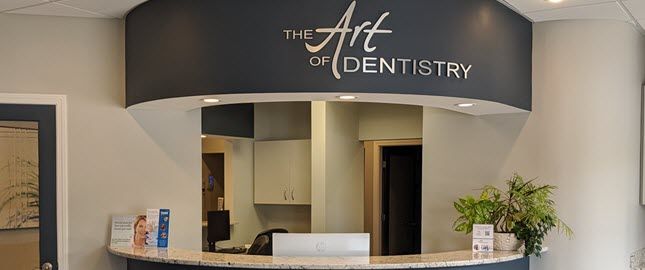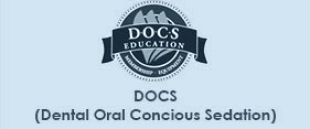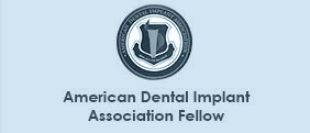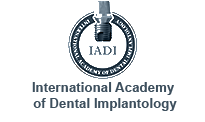






Achieving quality dentistry for life
FAQ
The most commonly asked questions posed to Dr. Lyford over the years:
The most common causes of tooth loss are dental caries, also known as tooth decay, and periodontal disease, which affects the gums and bone structure that supports the teeth. Dental caries is the major cause of tooth loss in children, and periodontal disease is the major cause of tooth loss in adults; however, it too can afflict youngsters.
Plaque: a thin, colorless, sticky film containing bacteria which constantly forms on the teeth. These bacteria use carbohydrates—sugars and starches—to produce an acid that attacks the enamel covering the teeth.
After repeated acid attacks the enamel can be broken down and a cavity begins. Continued acid attacks eventually dissolve the enamel and penetrate the softer, inner layer of the tooth where decay can spread rapidly throughout the tooth’s structure. Acid attacks begin immediately after every meal or snack and last about 20 to 30 minutes.
Teeth can be protected from acid attacks by removing plaque, reducing the number of times and the amount of sugar and starches eaten, using fluorides, and by regular professional cleaning of teeth by a dental hygienist.
Plaque can also produce harmful byproducts that irritate the gums causing gingivitis, the early stage of periodontal diseases. If plaque isn’t removed daily it will build up into a hard deposit called calculus. If plaque continues to form on top of the calculus it can irritate the gums and a pocket may develop between the teeth and gums. Plaque build-up can eventually destroy the gums and bone that support the teeth.
wo key factors in preventing dental caries are fluoride and dental sealants. Fluoride compounds are found naturally in soil, water, and in many foods. Plaque attacks can’t be stopped but you can help to prevent plaque build-up by following a good oral care program of brushing, flossing, rinsing, and regular visits to your oral health care professional.
The American Dental Association advocates brushing twice each day. Although there is research indicating that brushing once a day is sufficient to disrupt the formation of plaque that feeds the bacteria that cause decay, this may not be enough for some people, depending on factors such as their diets and the efficacy of their brushing technique. I recommend that you discuss this with your dental hygienist who understands your individual oral health needs and will be able to make a recommendation appropriate for you.
Comparisons have been made between power-assisted (electric) toothbrushes and manual toothbrushes to look at the ability of each to remove plaque and prevent or reduce calculus (tartar) buildup, thus, reducing gingivitis (gum disease). These research studies have shown both powered and manual toothbrushes to be equally effective when used correctly. So probably, in practical terms, which brush you use is not the critical factor, but how you use it that is most important.
There are a lot of products to choose from and much of the decision depends on individual preference. Fluoride toothpaste is essential for optimal oral health. Beyond that your dental hygienist and dentist can alert you to any other features that make one product more suitable than another for you as an individual.
That depends on what is causing it. Often, bad breath results from less-than-optimal oral health and sometimes people are not aware that they are not performing oral hygiene as effectively as they could be. We will be able to evaluate your oral health procedures and make recommendations for improvement. We will also be able to recognize any associated problems that might be contributing to an unpleasant mouth odor. In addition to evaluating and suggesting alterations to your brushing, flossing, and tongue de-plaquing regimen our hygienists may recommend products such as a mouth rinse that contains zinc. If it turns out that the problem isn’t in the mouth a physician appointment is advisable. Sinus problems, large tonsils or adenoids, stomach problems, and certain foods and medications, and other factors can contribute to bad breath.










